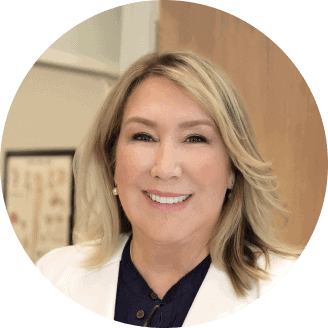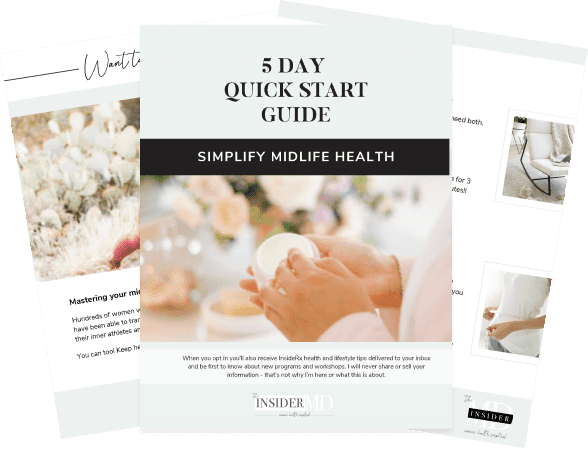
How to Manage Menopause Symptoms at Work
Menopause typically occurs in women between the ages of 45 and 55, or, sometimes earlier. This is a time when women are likely to be in the workforce, and often in senior management roles.
According to the American Congress of Obstetricians and Gynecologists, over 31 million women, which is about 20% of the U.S. workforce, enter the menopause transition each year and of those women, approximately 80% will experience symptoms.
When people talk about “menopause symptoms,” they are often referring to perimenopause symptoms, which can continue for several years. Hot flashes, night sweats, difficulty concentrating, loss of sleep and mood swings are common as well as headaches, fatigue, anxiety attacks, brain fog, musculoskeletal aches and pains, dry skin and eyes.
In the U.S., menopause isn’t part of the conversation in the workplace, which means millions of women are struggling in silence. Many women don’t want to disclose symptoms to a male or younger manager, and, unlike pregnancy, menopause is not well established in Human Resource policy.
Imagine moderating an important department meeting, in front of your peers, while sweating profusely from a sudden hot flash. Or having trouble finding a word in the middle of a big presentation. In a culture that values youth, many women are not comfortable disclosing menopausal symptoms, especially at work.
They may end up having to fight ‘ageism’ or misinformation. And, when it comes to menopause and the workplace, there is usually a lack of support when it comes to finding effective solutions.
Let’s talk about what you can do.
Small Steps That Can Make A Big Difference At Work
- First, get educated. Just learning basic facts from trusted medical sources is a very good start towards understanding what’s happening in your body and finding effective remedies for symptoms that are disruptive for you at work.
- Recognize that menopause symptoms are some of the many health issues that can contribute to work stress and burnout. If you suffer from moderate to severe symptoms, in addition to seeing a qualified menopause clinician, consider meeting with your human resources department about potential accommodation strategies like working from home, or a flexible work schedule.
- Dress in layers. office temperatures are often very different from the outside temperature. Having a hot flash? Take off a layer or two. Feeling chilly afterwards? Put a layer back on.
- Keep a supply of cool water with you. Drinking ice water and holding the cool container against your skin can help ease a hot flash.
- Invest in a small portable fan to keep by your desk.
- Make sleep a priority. Practice healthy sleep habits such as going to sleep and getting up at the same time every day.
- Avoid trigger foods. Hot, spicy foods can trigger hot flashes in some women. Caffeine, and sugary, processed foods can also trigger symptoms. Try to avoid them, especially at work.
Managing Menopause Symptoms At Work FAQ’s
Can menopause affect your work?
Menopause symptoms can have a significant impact on workplace attendance and performance. At work, symptoms may cause embarrassment, affect confidence and can be stressful to manage. The effects of menopause may be compounded by the development of other midlife health conditions, as well as coinciding with other responsibilities such as caring for aging parents and managing teenagers or children leaving home.
Is menopause considered a disability?
No. Menopause is an entirely normal transition in a woman’s life. Menopause is not an impairment and therefore is not considered to be a disability under the ADA.
Final Thoughts
Though menopause symptoms can be difficult to manage in general, they can be especially challenging to manage in the workplace. Remember that menopause is a normal stage of life and that, with proper education and support, adjustments and accommodations can be made to help you remain fully productive.

MEET DR. ELLEN
My mission is to bring you the most up-to-date, proven medical information, simplified, so you can make confident, educated decisions about your health.
I'M LOOKING FOR...
grab your 5 day
quick start guide



